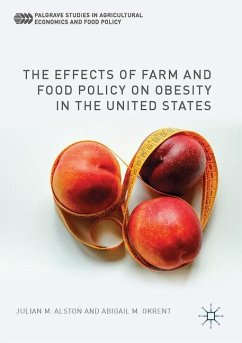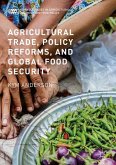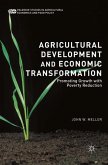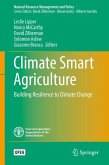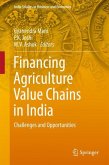This book uses an economic framework to examine the consequences of U.S. farm and food policies for obesity, its social costs, and the implications for government policy. Drawing on evidence from economics, public health, nutrition, and medicine, the authors evaluate past and potential future roles of policies such as farm subsidies, public agricultural R&D, food assistance programs, taxes on particular foods (such as sodas) or nutrients (such as fat), food labeling laws, and advertising controls. The findings are mostly negative-it is generally not economic to use farm and food policies as obesity policy-but some food policies that combine incentives and information have potential to make a worthwhile impact. This book is accessible to advanced undergraduate and graduate students across the sciences and social sciences, as well as to decision-makers in the public, private, and not-for-profit sectors.
Winner of the Quality of Research Discovery Award from the AustralasianAgricultural and Resource Economics Society.
Winner of the Quality of Research Discovery Award from the AustralasianAgricultural and Resource Economics Society.

